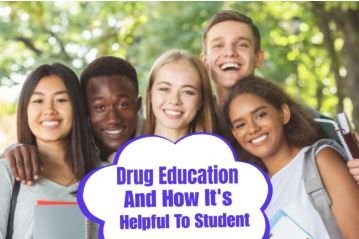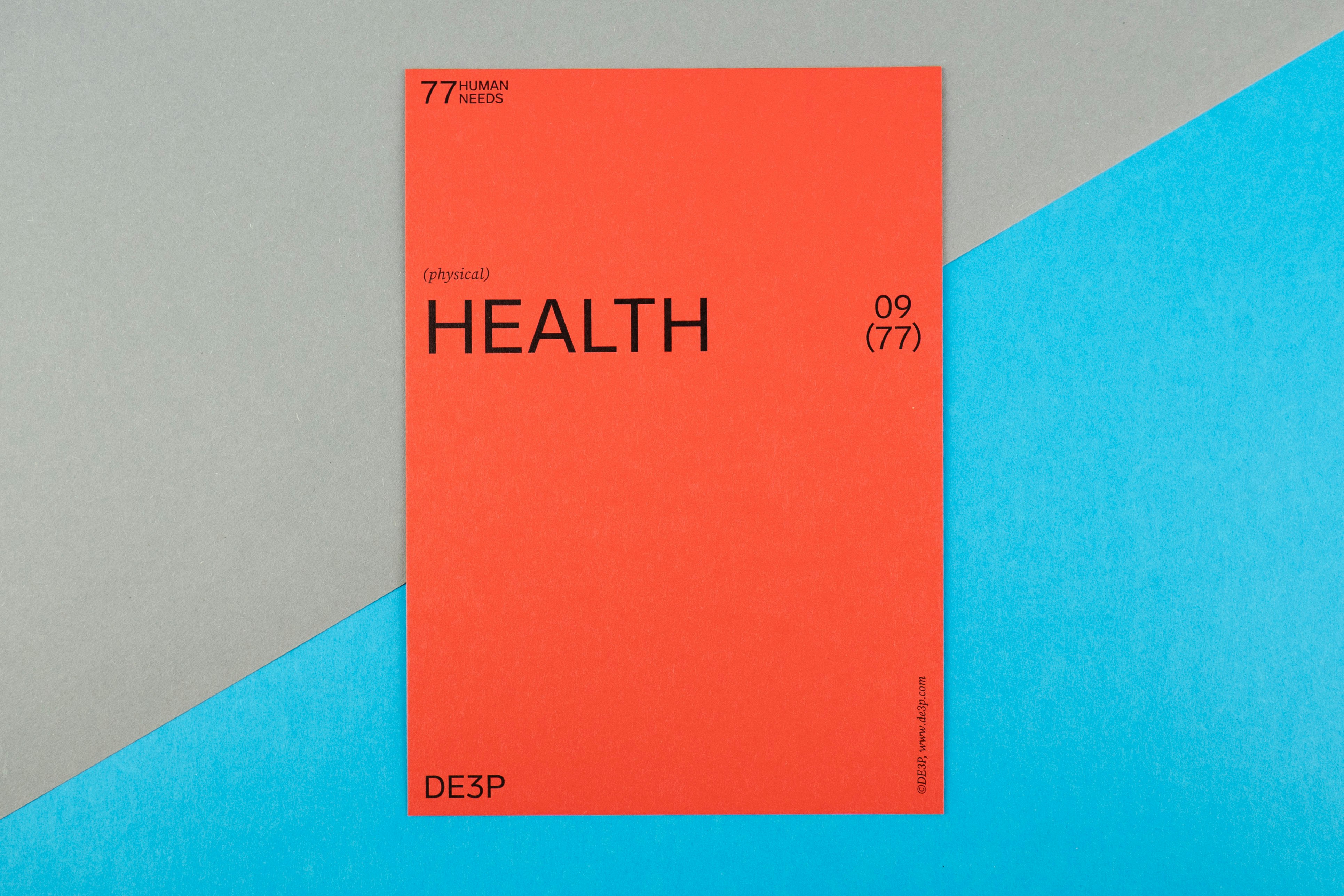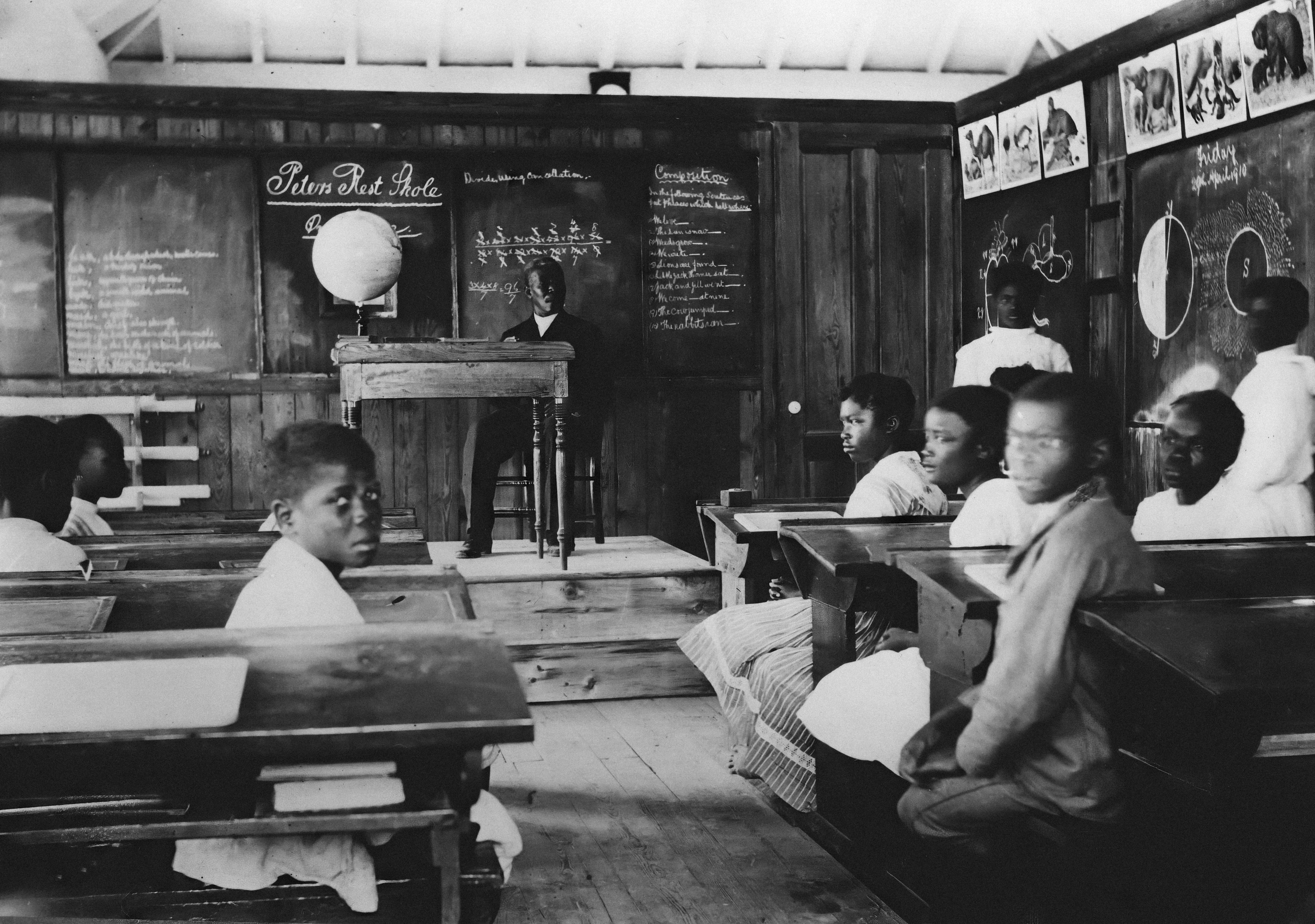
What is Drug Education and How is it Helpful to Student
Drug education is part of student learning as it teaches young people about drug abuse and how to make informed decisions about substances. Drug problems among students are rising because students face these factors: peer pressure, stress and lack of drug information.
Many young people lack the information about drugs that will lead them to develop bad habits that will reduce their health and academic and career prospects. Drug education goes beyond basic drug avoidance info since it gives students the knowledge to choose wisely.
Through drug education students learn about substance related body responses and mental changes and legal drug offenses and social effects of drug use. Through coordination between school and parents and community the education becomes effective in informing students about real drug experiences and preparing them for drug exposure in their daily lives.
By getting proper education students will learn to make smart decisions and develop resistance to peer pressure and healthy habits that will support their overall well being.
This article here gives a review on drug education and explains the drug categories students should know, the positive and the negative effects as well so they can be guided properly.
What is Drug Education and How is it Helpful to Student
The structured drug education program provides student information about drug effects and related dangers and consequences. Students should get information to make informed choices about substances. Practical information about drugs reaches students through programs administered by schools and community organizations and health professionals.
What the drug education programs aim to:
- Drug education programs try to raise awareness about different types of drugs.
- Educational programs explain how drugs affect the body and mind to students.
- Encourage healthy choices
- Prevent drug abuse and addiction
- Students must get skills to say no to situations where their peers pressure them into.
What Kinds of Drugs are there and What are their Effects on Students
Drug education requires students to learn about all types of substances. Within drug classification there are legal substances and illegal substances that carry specific risks and different effects on users.
1. Legal Drugs
- Alcohol is a depressant which impairs coordination and decision-making and judgment functions.
- Tobacco/Nicotine causes addiction, lung damage and other health problems.
- Over the counter medications can cause dependency when used improperly due to wrong administration.
2. Illegal Drugs
- Marijuana affects memory, concentration and motivation.
- Cocaine causes rapid heartbeats and extreme anxiety and is highly addictive.
- Heroin is a dangerous substance which causes severe addiction and multiple health dangers.
- Methamphetamine ingestion causes brain and body damage which results to multiple health problems.
Effects on Students
Students who use drugs experience:
- Poor grades
- Health problems (physical and mental)
- Students have trouble with their friends and family due to drug use.
- Legal troubles and criminal record
- Addiction
Why Student Should Be Enlightened on Drug Education?
Students need drug education to fully understand the harm of substance abuse. Here’s why:
1. It’s a preventive measure against drug abuse
Students who receive drug education before encountering drugs show lower misuse and addiction tendencies. Students with drug knowledge tend to avoid using harmful substances.
2. Awareness Shows them the Risks
Drug related knowledge during short and long term periods motivates students to avoid bad actions.
3. It helps them to be responsible
Through proper drug education students develop skills to evaluate situations critically and make decisions that promote their well being.
What are the Best Ways to Teach Drug Education in Schools Today
Here are several ways to teach drug education in school:
1. Classroom Discussion
Class discussion allows students to share their opinions and get answers regarding drug related matters.
2. Show them Real Life Examples
Using stories of drug abuse victims makes drug education more significant and accessible.
What role do Parents and Teachers play in Drug Education
Parents and Teachers are important in reinforcing drug education through their guidance and examples and conversations about substance use.
- guidance
- setting good examples
- Open communication is key to addressing substance use problems between parents and their children.
Role of Schools in Drug Prevention
Drug education happens primarily in school premises. They can:
- The “Say No to Drugs” educational program helps students understand the importance of not using drugs.
- Former addicts along with rehabilitation experts and guest speakers teach students about drug dangers through education programs.
- Timely drug prevention measures stop students from becoming drug addicts.
Students who have substance abuse problems must have access to educational counseling and support services in their schools.
How Drug Education Helps in Building a Better Future
Teaching students about drugs will bring up a population that is health conscious. Drug education has multiple benefits that will bear good fruits in the future:
- Students who don’t use drugs perform better in school and do better in sports and personal development.
- Education enables youth to build up the courage to resist peer pressure and make good decisions for themselves.
- Knowledge about drug risks will enable students to be responsible citizens who will benefit the society.
Conclusion
Without drug education students will not be able to make wise and informed decisions about drug use since they don’t have full knowledge about it. The education students get about drug effects and risks will keep them safe from drug addiction and health problems and legal consequences. To empower youth for healthier successful lives all three entities including schools and parents and communities must work together to establish drug education programs. A drug free future for the next generation can be attained through awareness and prevention and proper support.
Another Useful Article:
5 Outstanding Reasons Why School Students Should Wear Uniforms







